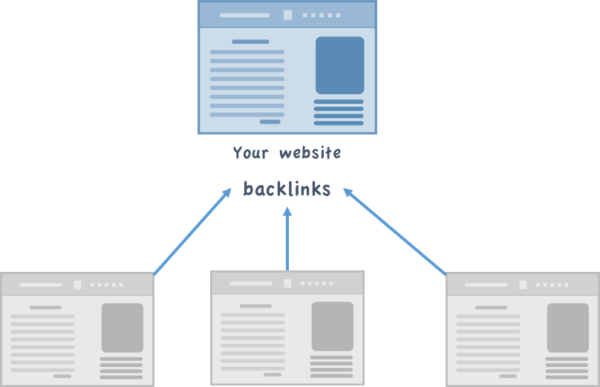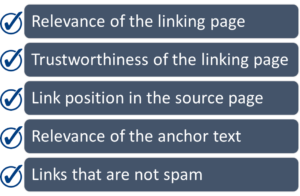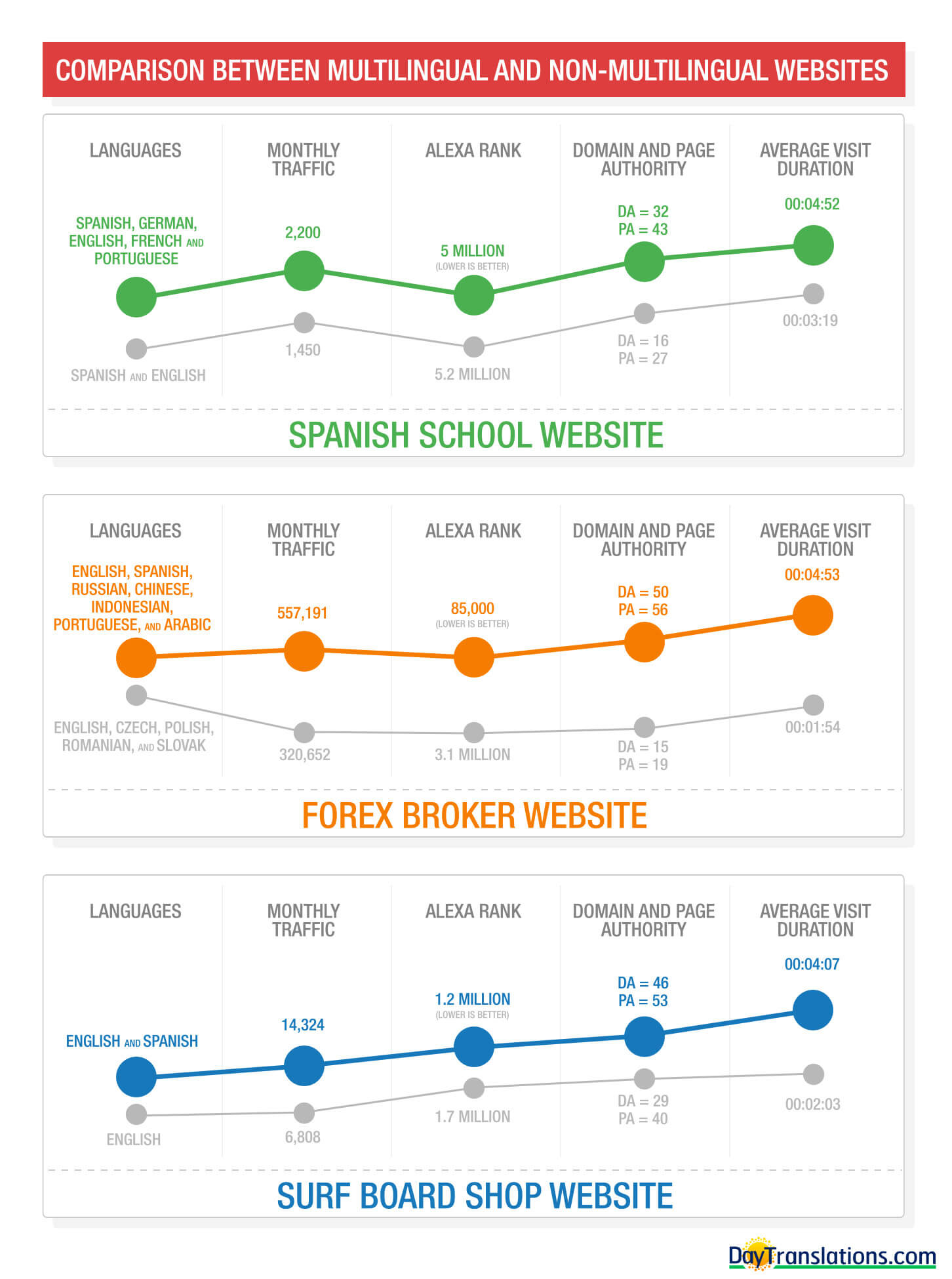ساختمان پیوند است که بدون شک مهارت سخت ترین در جستجوگرها. اینترنت پر از اطلاعات در مورد تکنیک های ساختمان پیوند است ، و هیچ کمبود از شرکت های ارائه خدمات پیوند ساختمان وجود دارد. اما اگر شما هنوز هم در مورد راه درست برای ساخت لینک تعجب ، این مقاله به شما پنج چیز در مورد ساختمان پیوند نشان می دهد که شما اغلب از ارائه دهندگان جستجوگرها را بشنود.
ساختمان پیوند چیست و چرا مهم است ؟
اگر وب سایت دیگر لینک به سایت شما ، سپس آن را به عنوان "پیوند" (backlink) به سایت شما نامیده می شود. تعداد لینک دهنده ها به سایت شما یکی از معیارهای اولیه است که تعیین رتبه بندی صفحه وب شما در نتایج موتورهای جستجو است. روند گرفتن لینک های بیشتر (ارجاع های دیجیتال برای وب سایت شما) نامیده می شود پیوند ساختمان.

ساختمان پیوند چیست ؟
5 چیزهایی که شما در مورد ساختمان پیوند هرگز می دانستند
هر کسب و کار با حضور آنلاین مشتاق برای آن موقعیت های سودآور بالا در نتایج جستجو ، و آنها مشغول ساختمان لینک. اگر شما می خواهید بیشتر ترافیک موتور جستجو ، شما باید در استراتژی های ساختمان پیوند موثر سرمایه گذاری.
1. ایجاد محتوای قابل پیوند
در دنیای دیوانه ساختمان پیوند ، سخت است که خود را در بازی از دست ندهید. در نتیجه ، شما در نهایت تغییر تمرکز خود را از دارایی واقعی خود را: "محتوا". لینک های با شایستگی بالا شما در حال رفتن به بازی ها هستند ، اما آزمون زمان را منتقل نمی کنند ، مگر اینکه آنها با کیفیت بالا و محتوای مربوطه ارتباط داشته باشند.
5 عوامل که محتوای خود را قانع کننده "قابل انعطاف" دارایی:
- اطلاعات جامع
- محتوای خاص صنعت
- ارائه جذاب
- محتوای غنی چند رسانه ای (infographics ، فیلم ها و غیره)
- به خوبی تحقیق محتوا با مراجع به نقل از
نمایشپادکست های اخیر ، "از گوگل بپرسید: Q&A با جان مولر" ، نشان می دهد که بینش عالی به آنچه گوگل برای ۲۰۱۷ برنامه ریزی شده است. واضح است ، "محتوا" قوانین roost! آنها می گویند:
"هدف ما در درجه اول برای اطمینان از زمین حتی بازی است. کسانی که با استفاده از کلاهبرداری برای رتبه بالاتر در موتورهای جستجو ، ما می توانیم آن و تمرکز بر محتوای مربوطه را تشخیص دهد.
2. پیوستن به پیوند دستورالعمل های کیفیت
قیمت برای ساختمان لینک اغلب گزاف. بنابراین ، قبل از سرمایه گذاری در ایجاد لینک دهنده برای وب سایت شما ، شما باید اهمیت پیوستن به پیوند دستورالعمل های کیفیت را بدانید.
موتورهای جستجو رتبه شما بهتر است هنگامی که شما دارای لینک های با کیفیت بالا ، و در واقع ، شما را برای "پیوند دستکاری". وسوسه انگیز است که به طور اساسی افزایش backlinks خود را از طریق تکنیک های مختلف ساختمان پیوند خارج وجود دارد در بازار است. با این حال ، شما باید بدانید که نه همه آنها می رویم به اضافه کردن ارزش به رتبه بندی خود را. همانطور که پادکست توضیح می دهد:
"ما یک تیم دستی به دنبال در وب سایت ها برای دیدن اگر مردم در حال انجام کارها در برابر دستورالعمل های ما. ما به صورت دستی مهار و مطمئن شوید که آنها پاداش اضافی برای انجام این کلاهبرداری گرفتن نیست.
اگر شما در حال availing لینک خدمات ساختمان ارائه دهنده شخص ثالث ، اطمینان حاصل شود که لینک ها را نقض نمی کند دستورالعمل های وب مسترگوگل. مطالعه این دستورالعمل ها و برحذر بودن از افتادن برای طرح های لینک.
3. ساختمان اعتماد ، نه لینک
بسیاری از ما پیوندها و پیوند ساختمان را درک نمی کنیم ، اما همه ما می توانیم روابط را درک کنیم. بنابراین ، هدف از ایجاد روابط ، و آن را به راحتی به لینک تبدیل کنید. اگر صفحه اتصال به خوبی "مرتبط" به صفحه فرود خود را ، آن را آسان برای برآوردن موتورهای جستجو که لینک دارای شایستگی.

5 عواملی که لینک های شما را قابل اعتماد می کنند
5 عواملی که لینک های شما را قابل اعتماد می کنند:
- ارتباط منبع (صفحه ارتباط) به کسب و کار شما (صفحه فرود)
- پیوند از منابع قابل اعتماد (سایت های معتبر و معتبر)
- موقعیت لینک (لینک در محتوای قابل اعتماد تر است)
- ارتباط از متن لنگر (کلمات مورد استفاده برای لینک به سایت شما)
- لینک ها از محتوای تابیده شده ، هرزنامه نظر ، هرزنامه های انجمن و غیره تولید نمی شوند.
کارشناسان جستجوگرها بر این باورند که آنچه مهم برای موتورهای جستجو اعتماد آنها را از طریق رابطه از صفحه ارتباط و صفحه فرود درک است.
4. پیوند داخلی
یکی از مهمترین آنها در تکنیک های ساختمان پیوند ، روند "پیوند داخلی" است. لینک داخلی یک لینک از یک صفحه در دامنه شما (وب سایت) است.

لینک های داخلی
اگر شما "قوی" صفحات (با معیارهای مناسب SEO) در سایت خود ، استفاده از آنها به عنوان لینک های داخلی به سایت خود را هدف فرود صفحات. این صفحات بالا رتبه بندی از طریق آب لینک خود را به صفحات هدف خود منتقل می کند و کمک به بهبود رتبه بندی خود را. شما خواهد شد در پیشرفت های این ساختمان پیوند داخلی را به سایت خود را شگفت زده.
5. رسانه های اجتماعی برای جستجوگرها بی ربط است
موتورهای جستجو بیشتر علاقه مند به اعتبار دلیل برای وب سایت شما وجود دارد. حضور رسانه های اجتماعی شما تاثیری مستقیم بر رتبه بندی شما در نتایج جستجو ندارد. از این رو ، اگر شما با تکیه بر رسانه های اجتماعی به عنوان تکنیک ساختمان پیوند اصلی خود ، آن را به کار نمی کند. باز هم ، با توجه به گوگل:
"رسانه های اجتماعی هیچ تاثیری در رتبه بندی شما ندارند. وب سایت های رسانه های اجتماعی در لینک های خود را دنبال نمی کنند ، و ما حتی نمی توانیم تمام محتوای خود را خزیدن. این چیزی است که ما را به حساب برای رتبه بندی نیست.
اول از همه ، انگیزه سایت شما برای اینکه فقط SEO نیست. شما اطلاعات ، خدمات یا محصولاتی را که می خواهید به مشتریانتان ارائه دهید ، دارید. رسانه های اجتماعی می توانند ترافیک را به سایت شما هدایت کنند و همچنین به شما در ارتباط با کاربران خود کمک کنند. بنابراین ، ایده خوبی است که در رسانه های اجتماعی فعال باشد. اما به یاد داشته باشید که ساختمان آن لینک در رسانه های اجتماعی برای جستجوگرها مهم نیست.
حالا که شما این مقاله را بخوانید ، بزرگترین شما را به دور از آن باید باشد که ساختمان پیوند همه چیز در مورد به دست آوردن لینک به تنهایی نیست. این مهم تر است برای ایجاد محتوای ارزش لینک دادن به ، پایبند به دستورالعمل ها برای ساخت لینک ، ایجاد اعتماد و توسط اعتیاد به مواد مخدره از آن دور نمی شود.
مهمتر از همه ، اقامت در هدف اصلی خود را از کسب و کار (و کاربران خود را) متمرکز شده است. در نتیجه ، شما موفق خواهید بود در جذب لینک های طبیعی ، بهبود حضور برند خود و در نهایت اقتدار دامنه خود را. این یک ساده و در عین حال قدرتمند ، استراتژی در فضای بسیار رقابتی SEO است.






